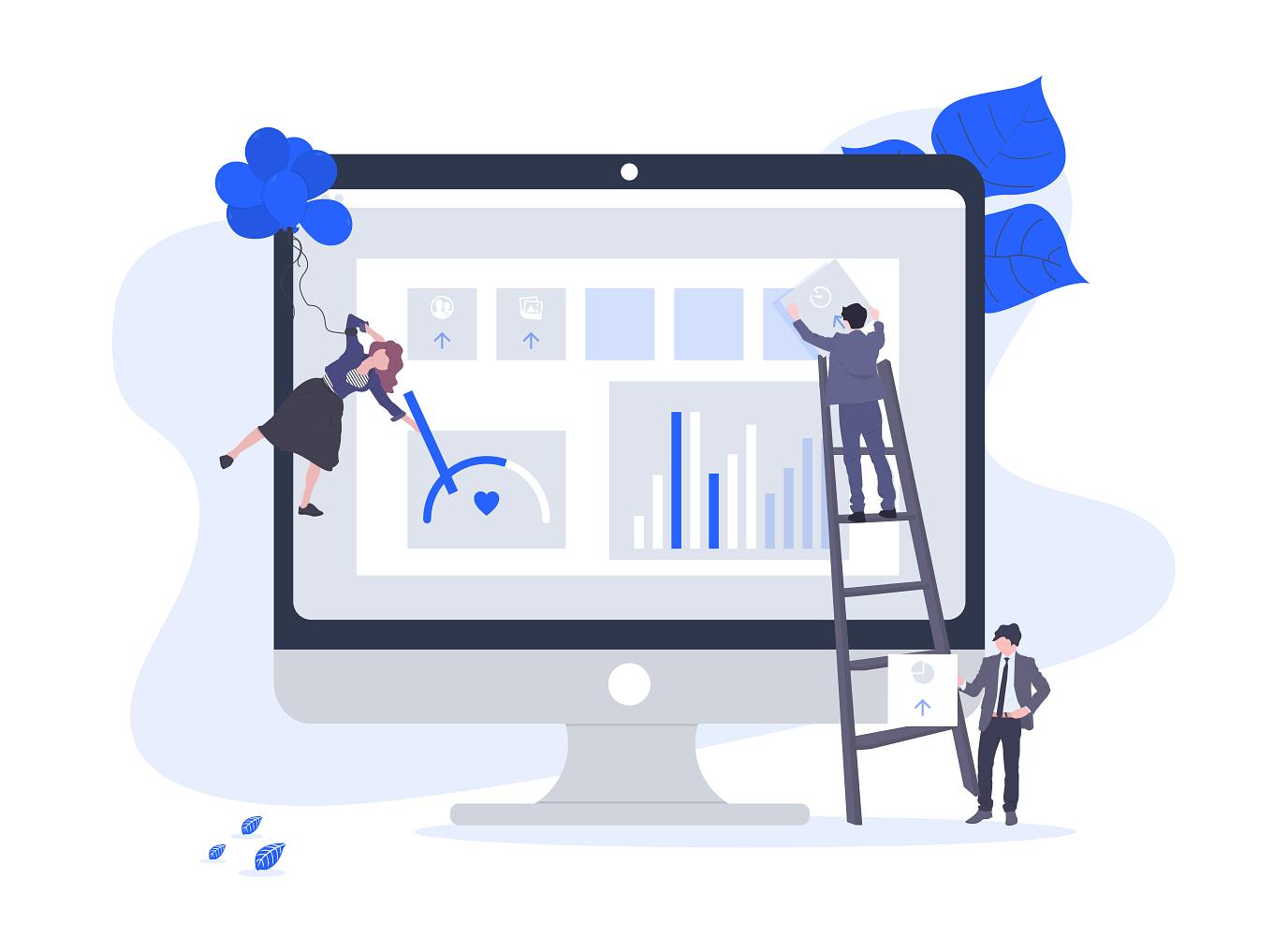I first wrote a version of this article just over 16 months ago, and it’s pretty impressive how much the GraphQL community has achieved in that time.
First of all, the question is no longer really Apollo or Relay, but rather Apollo or does one even need a fancy client at all. If you’re just testing the waters with GraphQL and don’t want to change your existing app too much, you can just use fetch in your component like so:
fetch('/graphql', { method: 'POST', headers: { 'Content-Type': 'application/json', 'Accept': 'application/json', }, body: JSON.stringify({query: "{ hello }"})}) .then(r => r.json()) .then(data => console.log('data returned:', data));
The main benefit to adopting a GraphQL client is the cache implementation. Using fetch is fine to begin with, but you don’t want to be using it in an app where users quickly jump between views.
In OnlineOrNot we use Apollo to cache query results — which gives us quite a noticeable boost in performance. How it works in practice:
- User opens a list of their GraphQL applications -> this list gets cached
- User opens a list of tests -> client has already fetched data about the applications, so it adds the tests to each application
- User now visits their list of applications again -> no new GraphQL request is made, all results are already in memory
Essentially, the more the user clicks around your application, the faster your user experience becomes.
On Bundle size
One of the biggest complaints I hear about adopting Apollo is the bundle size (Apollo Boost, the “easiest way to get started with Apollo Client” weighs in at 30.7 kB min+gzipped), so luckily there are also alternative lightweight clients to consider:
No article on GraphQL clients would be complete without mentioning AWS Amplify. Though Amplify does take an ‘everything but the kitchen sink’ approach to features, and you get everything included with it:
- Authentication
- Analytics
- API
- GraphQL Client
- Storage
- Push Notifications
- Interactions
- PubSub
- Internationalization
- Cache
Thus Amplify may not suit your needs unless you’re building a whole product experience that relies on GraphQL and don’t want to customise your approach.
Why I like Apollo Client
The setup is considerably easier than Relay — it involves installing one package, and adding the ApolloProvider to the root of your React tree.
The API is nice — they have an equivalent to Relay’s QueryRenderer called Query that does what it says:
<Query query={gql` { rates(currency: "USD") { currency rate } } `} > {({ loading, error, data }) => { if (loading) return <p>Loading...</p>; if (error) return <p>Error :(</p>; return data.rates.map(({ currency, rate }) => ( <div key={currency}> <p>{`${currency}: ${rate}`}</p> </div> )); }} </Query>
It can be used to manage state in your React app — that is, you can directly write to Apollo’s Redux-like store and consume that data in another part of the React tree. Though with React’s new Context API, and React’s best practices of Lifting State Up you probably won’t need it.
import React from 'react';import { ApolloConsumer } from 'react-apollo';import Link from './Link';const FilterLink = ({ filter, children }) => ( <ApolloConsumer> {client => ( <Link onClick={() => client.writeData({ data: { visibilityFilter: filter } })} > {children} </Link> )} </ApolloConsumer>);
Downsides to Apollo
- It’s huge. It weighs in at 10x more than the smallest GraphQL client I’d consider using, and 3x more than urql
Quirks
Apollo is not without quirks however:
- Since Apollo uses
idto build its cache, forgetting to includeidin your query can cause some interesting bugs and error messages
Why I dislike Relay
Setup
The main benefit to using Relay is that relay-compiler doesn't get included in your frontend bundle, saving your user from downloading the whole GraphQL parser - it "pre-compiles" the GraphQL queries at build time.
What annoys me about Relay is that it requires a fair bit of work to even add to a project. Just to get it running on the client side, you need to:
- add a relay plugin to your
.babelrcconfig - set up relay-compiler as a yarn script
- setup a “relay environment” (essentially your own
fetchutility to pass data to the relay-runtime), and - add
QueryRenderercomponents to the React Components you wish to pass your data to
On the server side, you need to:
- Ensure the IDs your app returns are unique across all of your types (meaning you can’t return nice ID values like
1, 2, 3, they need to be liketypename_1, typename_2)
Developer Experience
The developer experience itself is pretty unpleasant too — relay-compiler needs to run each time you modify any GraphQL query, or modify the schema. In large frontend teams this means teaching everyone to run relay-compiler every time you change branches in Git, since almost all of our work involves fetching data from GraphQL in some way.
Quirks
Being one of Facebook’s Open Source projects doesn’t necessarily mean issues get fixed quickly. Occasionally, things break in unexpected ways:
- Using an old version of graphql breaks
relay: https://github.com/facebook/relay/issues/2428 - Errors don’t get sent via the error object in GraphQL when using QueryRenderer, instead one needs to create an
errortype, and send the errors through the data object: https://github.com/facebook/relay/issues/1913
Originally published at onlineornot.com on December 15, 2018.


